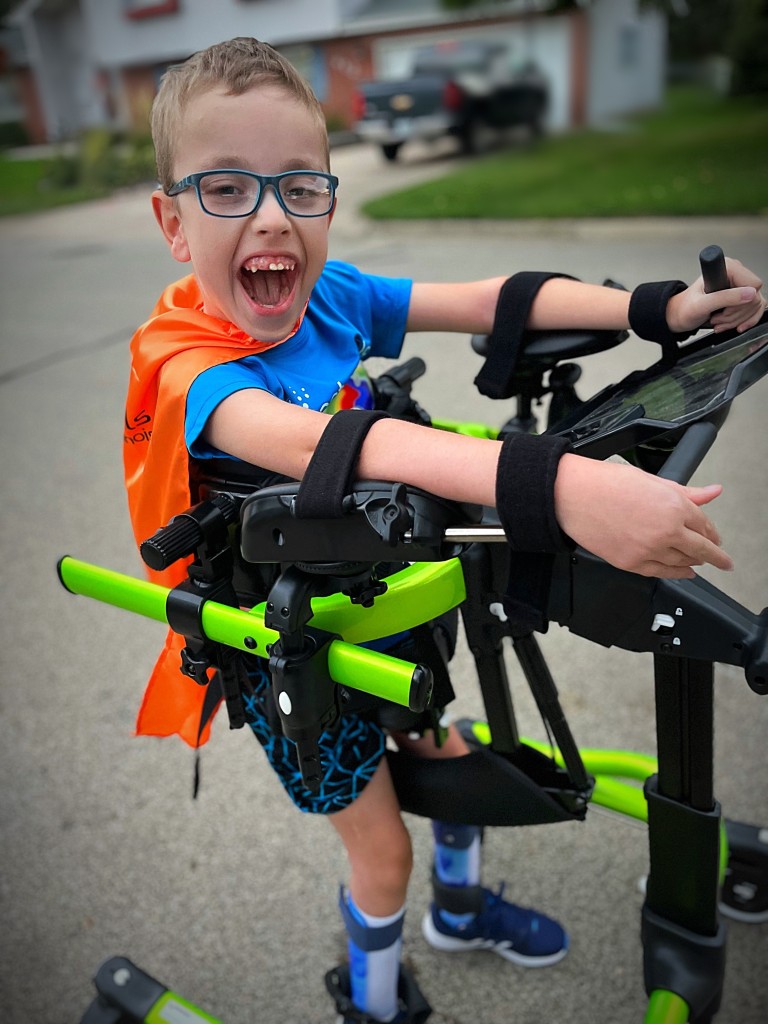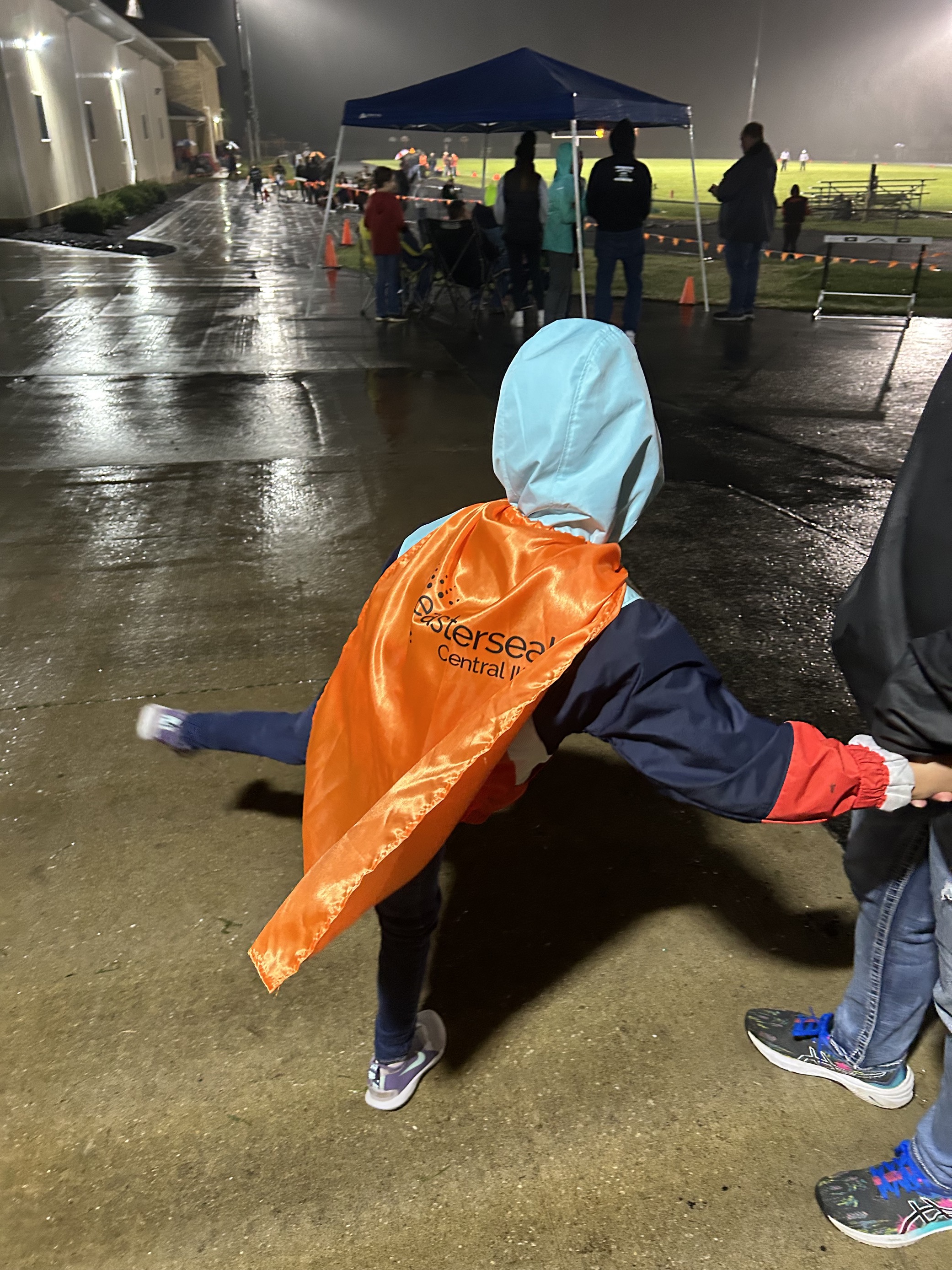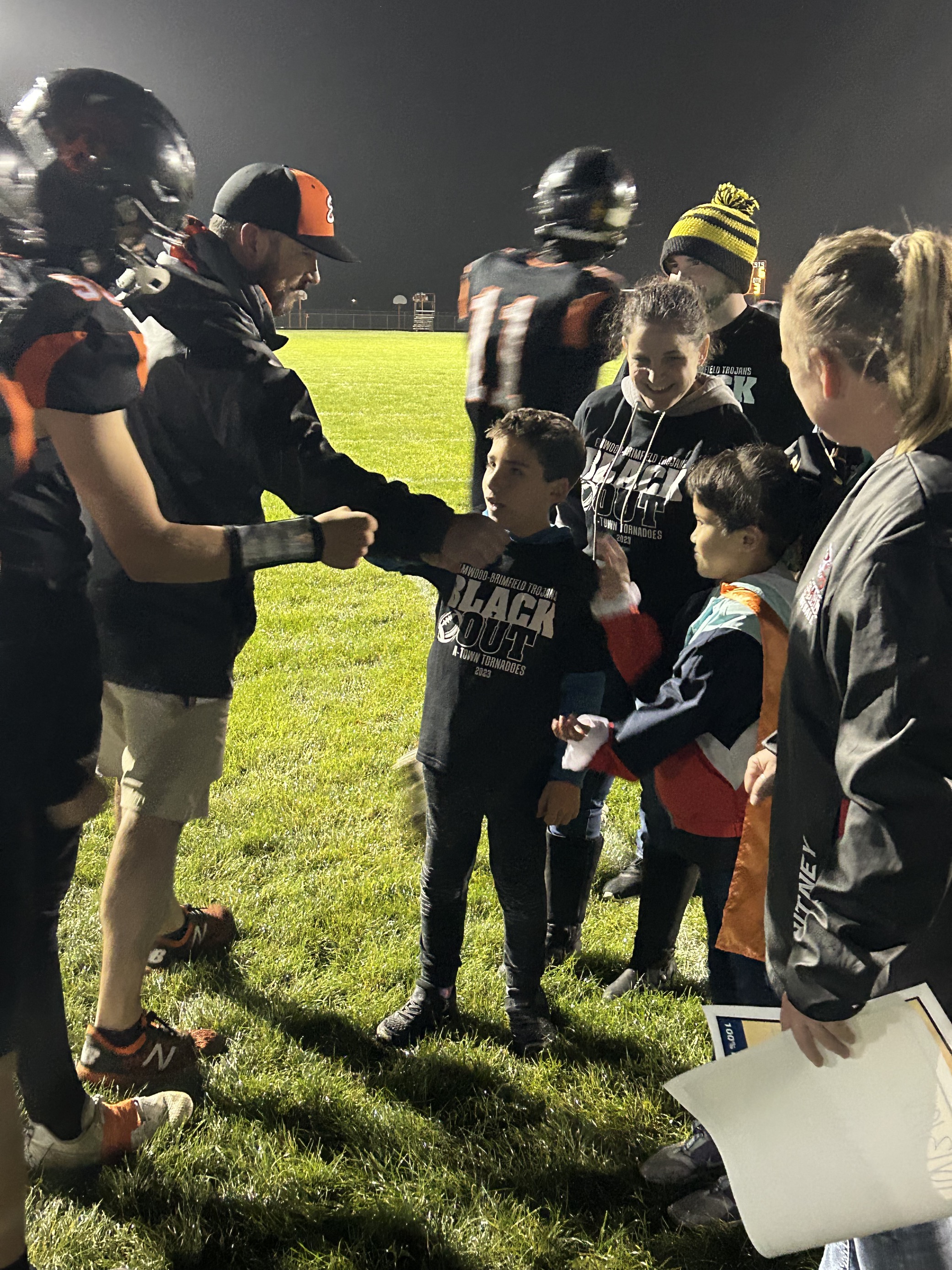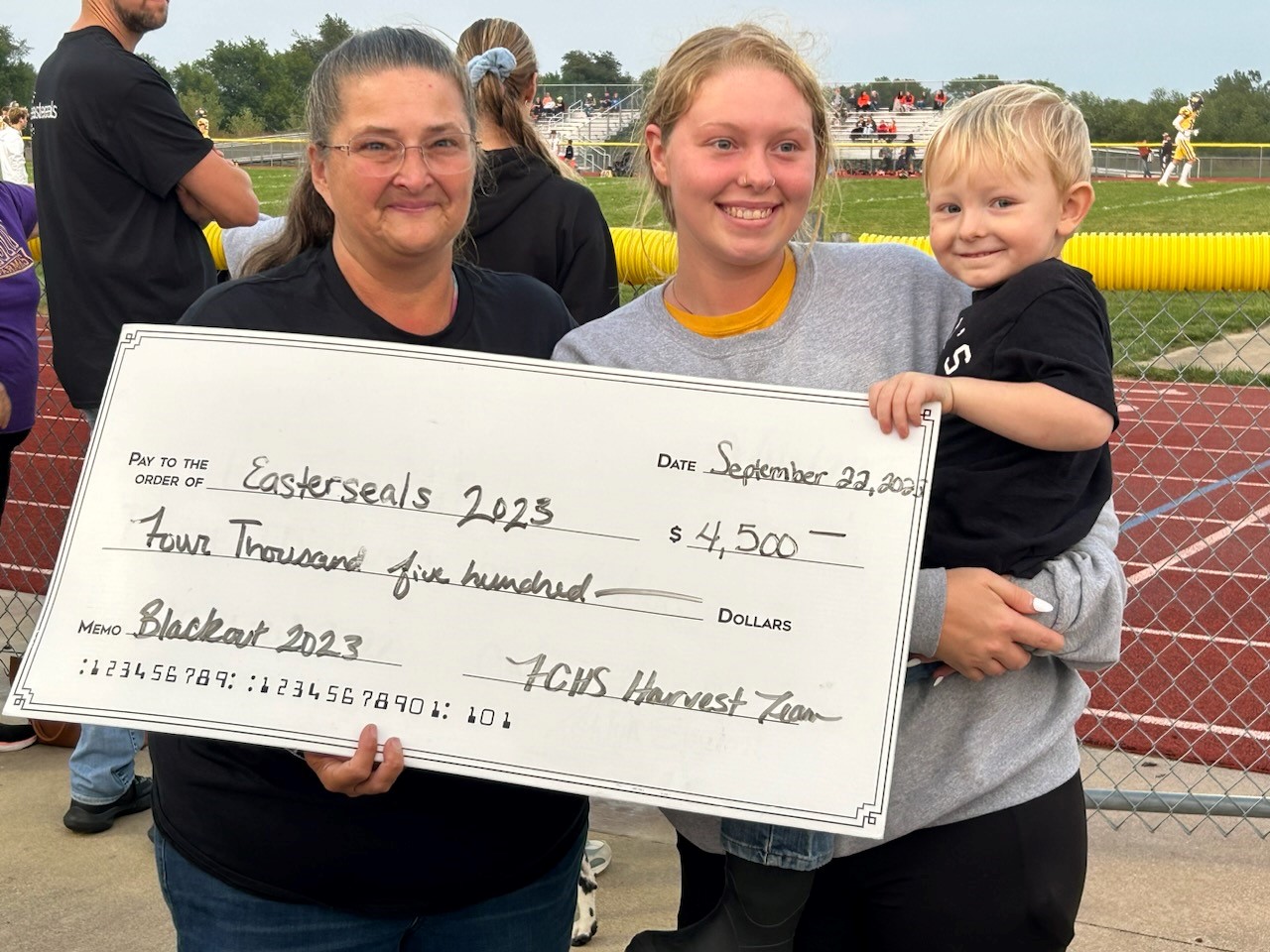
Our Autism Services
Autism Services and Supports
- Applied Behavior Analysis (ABA)
- Assistive Technology Clinic
- Augmentative & Alternative Communication
- Autism Resource Centers
- Early Autism Spectrum Disorder Diagnostic Clinic
- New Diagnosis Orientation
- Occupational Therapy
- Physical Therapy
- Sequential Oral Sensory Feeding Therapy (SOS)
- Speech Therapy
- Autism Toll-Free Helpline 1.855.511.3773
Funding provided in whole or in part by The Autism Program of Illinois and the llinois Department of Human Services.
Applied Behavior Analysis (ABA)
Applied behavior analysis is a therapy based on the science of learning and behavior that aims to decrease challenging behavior and target socially significant behaviors for each individual. ABA is a validated approach that uses evidence-based interventions and data collection in order to make treatment decisions based on your child’s individual progress. An evaluation by a Board Certified Behavior Analyst (BCBA) is completed to determine the treatment plan and the treatment setting using a family-centered approach. Our team builds an individualized plan for each child, outlining goals and addressing challenging behavior. Easterseals’ ABA therapy can be provided in a variety of settings including 1:1, small group, classroom-like environment, in the home when appropriate, or a combination of all these settings.
Assistive Technology Clinic (AT Clinic)
Children who have an autism diagnosis may benefit from an evaluation through Easterseals Assistive Technology Clinic, specifically if there are significant mobility issues impacting the caregiver’s ability to transport or the child’s safe participation in home, school, or community settings. A child may be evaluated for a variety of equipment based on need, including adaptive seating systems and bath chairs. Therapists can also provide families with additional education and resources to address safety concerns (such as adaptations to decrease elopement from car seats/seating systems).
Augmentative & Alternative Communication (AAC) Evaluation and Treatment
AAC improves a child’s ability to communicate wants and needs through high-tech devices such as a DynaVox® or an iPad®, and low-tech strategies such as the Picture Exchange Communication System. The use of AAC can provide children and adolescents with an immediate means of communication and facilitates language and speech development.
Autism Diagnostic Clinic
Easterseals is here for you at all stages of your child’s autism journey. Being one of the very few organizations in Illinois that offers a multi-disciplinary Autism Spectrum Disorder (ASD) Diagnostic Clinic, Easterseals starts with your family at the earliest phase: diagnosing children who may have an autism spectrum disorder. Our common goal is to diagnose early, provide the most comprehensive assessment with recommendations and provide families with the support they need to best care for their child. Diagnostic clinic may result in a diagnosis of autism, in addition to other diagnoses that are identified through the evaluation process. Your family will leave the clinic with treatment op
New Diagnosis Family Orientation/ Autism 101
This introductory training session provides caregivers and community providers in an understanding of Autism Spectrum Disorders. Sessions are for adults only and are free of charge but registration is required.
Occupational Therapy
Occupational therapy services for children who have a diagnosis of autism are focused on the family and child’s priorities. Therapists work in collaboration with each child and his/her family to identify treatment goals. Occupational therapy services may address various skill sets including self-help skills, gross motor and fine motor skill development, sensory processing, self-regulation, and social interaction in order to increase a child’s independence within his or her daily routines.
Physical Therapy
Physical therapists address motor and coordination delays to increase participation in walking, running, jumping, and playing with peers. Physical therapy can address strength, balance, and ball skills. Children with autism may demonstrate toe walking and sometimes benefit from physical therapy and home programming for stretching, proper heel toe walking, shoe inserts/orthotics or, if range of motion is limited, serial casting may be recommended.
Sequential Oral Sensory (SOS) Feeding and ASD:
Children with a diagnosis of autism may experience sensory aversions to food textures, smells, and/or tastes. These difficulties can lead to a very limited diet, impacting overall nutrition and intake. Some children may become extremely rigid in their feeding patterns, eating only specific foods prepared in very specific ways. A child may eat a certain preferred food for some time and then will no longer eat that previously preferred food. This pattern of eating only very specific foods and then dropping those foods from one’s diet is known as “food jagging.” The SOS feeding approach focuses on the use of a sensory based model to teach children and their families ways to interact with food and have positive experiences with feeding and mealtime.
Speech Therapy
Speech-language therapy helps children with autism improve their verbal, non-verbal and social communication. Each child’s treatment plan is individualized to their specific needs as well as the family’s priorities. Some of the treatment areas that may be addressed include: receptive and expressive language, intelligibility, verbal or non-verbal communication, alternative communication, pragmatic skills, conversational skills, and social skills in order to be able to communicate his/her wants and needs, interact with others and be able to participate in an educational setting.





















